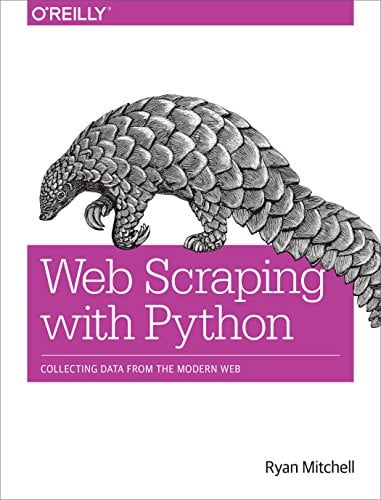|
 |
Hello, *|LIST:NAME|*
Welcome to issue #340.
On a personal front, this week has been very busy. I have been traveling and speaking to Manchester first where I talked about S3 pre-signed URLs and then to the beautiful Desenzano (Lake Garda, northern Italy) where I talked about JavaScript iteration protocols. Now, I'm enjoying a spritz 🥃 on the like side as I edit this issue.
In this issue, we cover a variety of full stack-related topics, but we also cover some cloud stuff. Have you heard of OpenTofu already!? The name makes me laugh a little, but it's actually really serious and cool stuff if you do any infrastructure as code...
I hope you'll enjoy it!
|
|
“Computer Science is no more about computers than astronomy is about telescopes“ — Richard E. Pattis , Computer Scientist |

|
|
The Linux Foundation Launches OpenTofu: A New Open Source Alternative to Terraform. Backed by industry leaders and hundreds of developers, OpenTofu is born as a community reaction to the recent licensing changes that Hashicorp has applied to Terraform. OpenTofu is an open-source successor to the MPLv2-licensed Terraform that will be community-driven, impartial, layered, modular, and backward-compatible. Definitely worth checking it out if you are a heavy user of Terraform.
Read article
|
Bun, a new fast JavaScript runtime competing with Node.js and Deno, is all the rage right now (since they recently launched v1 and called it stable). While many devs seem to be quite excited about Bun, I think it's worth taking on other opinions as well. This article is very critical and raises serious doubts about the future of Bun. The author makes a parallel with Yarn: very hyped at the beginning, but mostly unnecessary nowadays since NPM kept up with all the innovation brought by Yarn. Is Bun destined to the same fate? Who knows, but you should definitely check out this article and then form your own opinions.
Read article
|
If you’ve ever attempted to create responsive type that seamlessly adapts and scales between pre-determined sizes within a type scale based on viewport or container widths, you may have wrestled with JavaScript or wrangled with CSS calculators. But with the help of calc(), clamp(), and a somewhat wonky use of CSS vars, we can simplify this process and tap into the dynamism that modern CSS affords. We can create truly fluid type scales, with composable and responsive type utilities that let your type resize and adapt to the viewport or container width. Read article
|
Django is an awesome web framework. It allows building webapps fast. Django works great in small to medium codebases. The problems start to arise, when codebase start to grow to millions of LOC with hundreds of models. This postshares some useful tips that you can apply to raise the quality of your Django apps and scale them to more ambitious projects. Read article
|
Node.js recently introduced native support for loading environment variables from env files (making libraries such as dotenv pretty much obsolete). This event probably raised a renewed interest in trying to make the DX around loading information into environment variables better. envalid gives you a way to specify validation rules for your env data so that if you fat-finger some value you'll be able to find out about the issue as soon as your application starts, rather than having a random issue somewhere down the line. View Repository
|
What does a mature, end-to-end design system look like in a big, complex organization? What are all the moving pieces, and how do they hang together as a well-considered architecture? What's required and what's optional? Hold onto your butts, because we're going to go deep on this one. Read article
|
Many popular npm packages depend on 6-8x more packages than they need to. Most of these are unnecessary polyfills and it's one of the key reasons node_modules folders are so large. The eslint ecosystem seems to be most affected by this. But can we fix this? And if yes, how?! Read article
|
|
Web Scraping with Python: Collecting Data from the Modern Webby Ryan Mitchell |

|
Learn web scraping and crawling techniques to access unlimited data from any web source in any format. With this practical guide, you’ll learn how to use Python scripts and web APIs to gather and process data from thousands—or even millions—of web pages at once. Ideal for programmers, security professionals, and web administrators familiar with Python, this book not only teaches basic web scraping mechanics, but also delves into more advanced topics, such as analyzing raw data or using scrapers for frontend website testing. |
|
Here's more knowledge for you! 🤓 |
👋 That’s all for this week. See you next Monday! Greetings from your full stack friends Luciano & Andrea |
| If you enjoy FullStack Bulletin, consider sharing this newsletter with your friends and colleagues.
If there's something we can improve, let us know!
You can also sponsor the next issue! |
|
|
|
|
|
|
|
|
Add a comment: